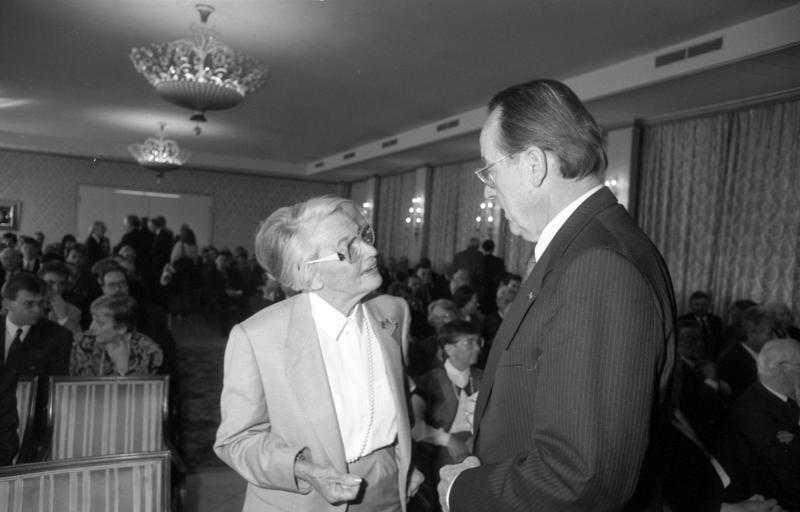The Spiral of Silence
Curated from: fs.blog
Ideas, facts & insights covering these topics:
3 ideas
·2.83K reads
8
Explore the World's Best Ideas
Join today and uncover 100+ curated journeys from 50+ topics. Unlock access to our mobile app with extensive features.
The spiral of silence
The spiral of silence is a human communication theory developed by Elisabeth Noelle-Neumann in the 1960s.
The theory explains how societies form shared opinions an how we make decisions surrounding difficult topics. According to the theory, we are only willing to express a statement depending on how popular or unpopular we perceive it to be.
164
1.17K reads
How the spiral of silence works
According to the theory of the spiral of silence, our desire to fit in with others means we will speak up if we think our opinion will be popular, or avoid expressing an opinion if it is unpopular.
The feedback loop means each time someone voices a popular opinion, the positive feedback from the group reinforces the feeling that it is safe to do so. Conversely, receiving a negative response for a divergent opinion will strengthen the view that they should avoid expressing it.
170
826 reads
The implications of the spiral of silence
- The result of the spiral of silence is that few will publicly voice a minority opinion and will instead will nurse it in private.
- The possibility of conflict makes us less likely to voice any opinion. If we want to know what people think, we need to remove the possibility of negative consequences.
- When we see a sudden change in mainstream opinions, it can be because of a shift in what is acceptable to express, not what people really think.
- Highly vocal people of a minority opinion can make their views seem far more prevalent and acceptable than they really are.
190
837 reads
IDEAS CURATED BY
Gael V.'s ideas are part of this journey:
Learn more about personaldevelopment with this collection
Cultivating self-awareness and self-reflection
Prioritizing and setting boundaries for self-care
Practicing mindfulness and presence
Related collections
Similar ideas
5 ideas
Avoiding Bad Decisions
fs.blog
4 ideas
Read & Learn
20x Faster
without
deepstash
with
deepstash
with
deepstash
Personalized microlearning
—
100+ Learning Journeys
—
Access to 200,000+ ideas
—
Access to the mobile app
—
Unlimited idea saving
—
—
Unlimited history
—
—
Unlimited listening to ideas
—
—
Downloading & offline access
—
—
Supercharge your mind with one idea per day
Enter your email and spend 1 minute every day to learn something new.
I agree to receive email updates

